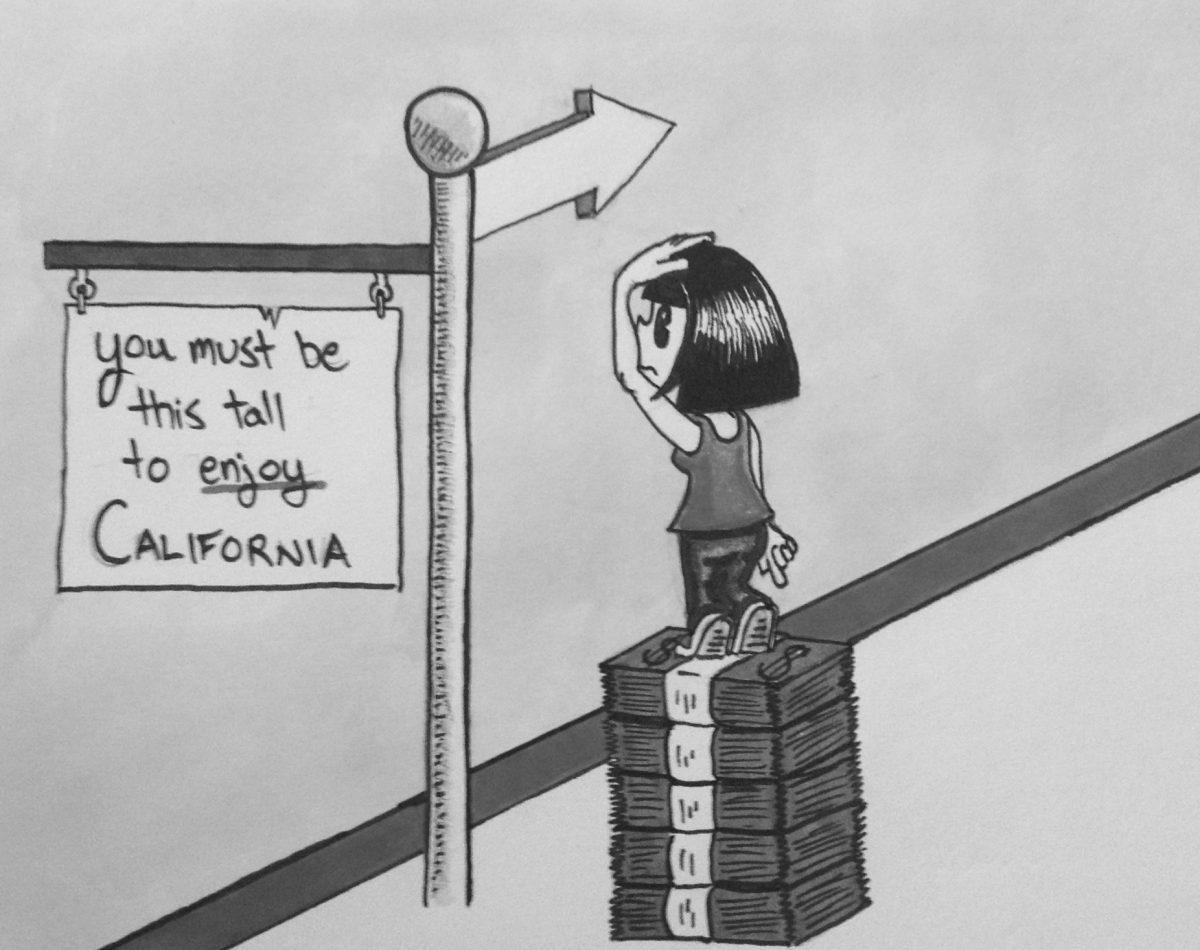California: the golden state. We have a golden history, a golden location, golden people – even our sun looks a little more golden than everyone else’s.
Now, with Assembly Bill 10 that Governor Jerry Brown has agreed to sign into law, the state’s minimum wage might be looking a little more golden, too.
Compared to the current federal minimum wage rate of $7.25/hour, California’s proposed jump from its standard $8 to $10 will make it the highest state minimum wage in the country.
Federal law mandates that labor laws are up to the discretion of individual states, and California is fortunate to have some of the best labor laws in the country. In comparison to states such as Louisiana, Alabama and Tennessee, which don’t have minimum wage laws whatsoever, California’s wage and overtime requirements go above and beyond what most states offer its citizens.
But with such a high cost of living, these regulations are well deserved. Though the state’s minimum currently rests at $8, cities San Jose and San Francisco each recognized that $8/hour was insufficient in covering living expenses. This year, San Francisco and San Jose increased their city minimum wages to $10.55 and $10, respectively. San Francisco currently boasts the highest wage in the country.
According to a minimum wage calculator created by SSU alumna and MIT professor Amy Glasmeier, the average cost of living in Sonoma County for a single person is $22,229 a year, amounting to a necessary wage of $10.69 an hour.
Many are worried that the increase in wages will trigger a chain reaction of layoffs and job shortages. But according to the US Department of Labor, unemployment in San Francisco County has decreased from 8.3 percent in May 2011 to 5.2 percent in May 2013. In San Jose’s Santa Clara County, unemployment fell from 9.7 percent in 2011 to 6.2 percent in 2013.
So here is where the cornerstone of American capitalism comes into play: when people earn more, they spend more, which creates a healthy economic cycle that will surprisingly help workers keep their jobs, and small businesses keep their profits.
Though the bill is still pending, Brown has vocalized full support and intends to enact it. Californians can expect the wage to increase to $9/hour on July 1, 2014, the beginning of the next fiscal year. On Jan. 1, 2016, the wage will increase to the full $10/hour.
The change might be somewhat hard to adjust to at first for both businesses and employers. But the increase is largely needed if we intend to keep up with California’s golden standard of living.



































